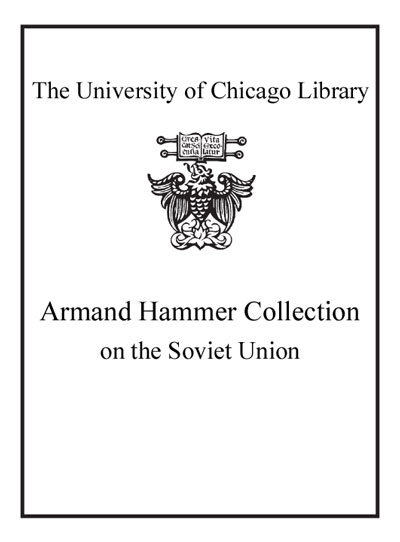Review by Choice Review
For Halfin, Bolshevism in Russia was not simply shaped by the country's milieu or by a drive for total power under ideological pretext. Rather, Bolshevism was driven by a paradoxical atheistic eschatology derived from Western Christian culture. Halfin stresses Marx's portrayal of history--a struggle of light against darkness (the class struggle) eventuating in the victory of the proletarian messiah (the dictatorship of the proletariat) and ushering in the end of history (communism). The communists, the self-appointed proletarian's intelligentsia, guide humanity to the realm of the new man. Not only Bolshevism, Halfin notes, but the opposing left wing and even center left were imbued with similar eschatology. Though not original, Halfin gives this thesis a new twist; namely, the eschatological paradigm was formative in shaping the events of Bolshevist Russia. The eschatology and the system of power it inspired is explicable as a project-in-progress, `a la Foucault. Impressive in its intellectual reach and close attention to the texts and practice of Bolshevism in its early years, Halfin's work raises challenging issues for informed readers and students of modern ideology and Russia who seek to plumb the phenomenon of Bolshevism. Upper-division undergraduates and above. C. A. Linden; George Washington University
Copyright American Library Association, used with permission.
Review by Choice Review

